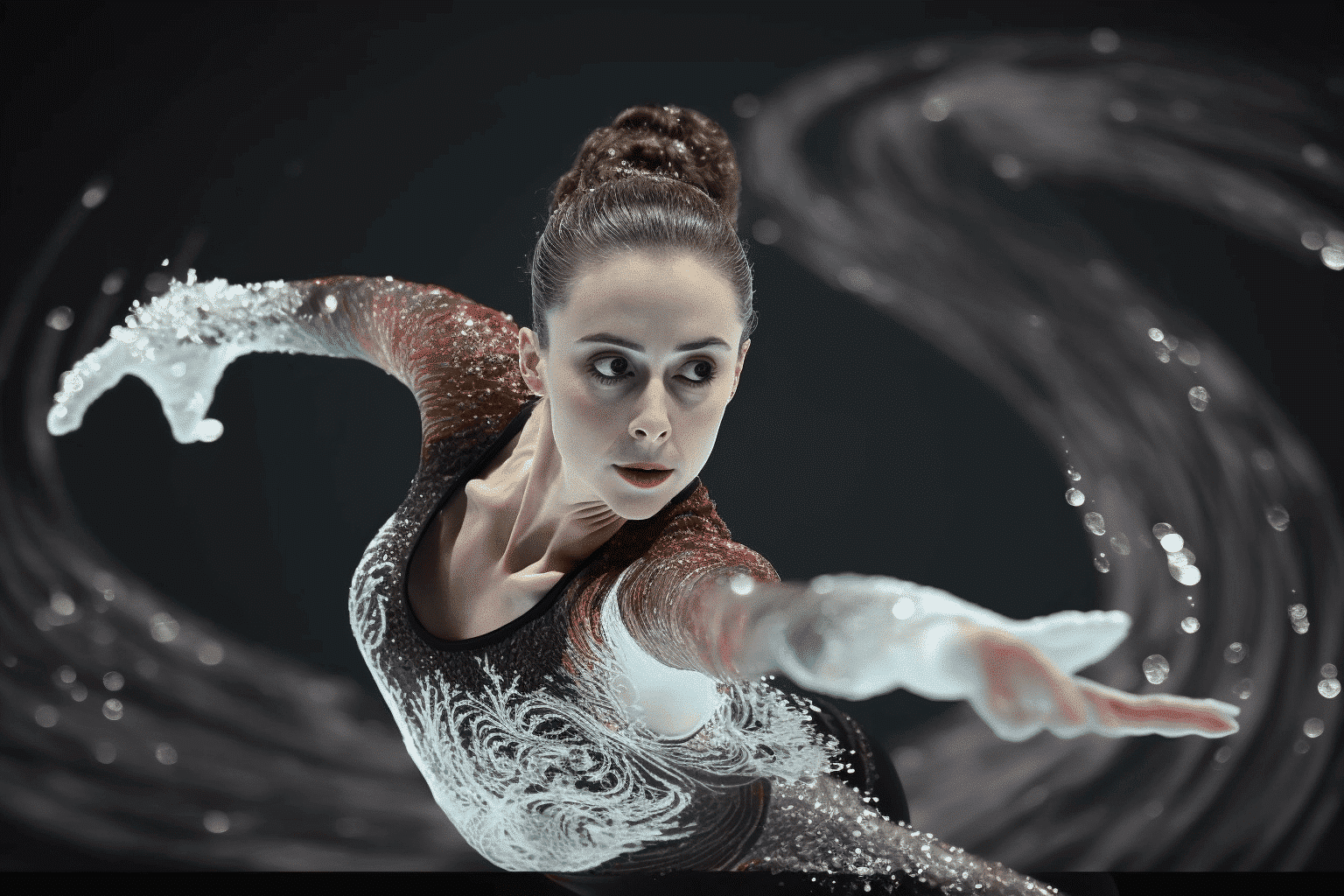The World Anti-Doping Agency (WADA) is taking the doping case of Russian figure skater Kamila Valieva to the Court of Arbitration for Sport (CAS) and is seeking a four-year ban.
This comes after a Russian tribunal found that Valieva bore “no fault or negligence” in the case, which overshadowed the 2022 Beijing Olympics. WADA has stated that the Russian decision was “wrong under the terms of the World Anti-Doping Code in this case.”
Valieva won Olympic gold in the team competition at 15, but a sample she gave two months prior tested positive for a banned substance. The result was only reported later because the COVID-19 pandemic impacted the laboratory.
Despite an emergency request for Valieva to compete in the Olympic women’s competition, she placed fourth after falls in her free skate.
After the games, the Russian anti-doping agency took several months to investigate the case and hold hearings. WADA attempted to refer the case to CAS in November due to the delays, but the Russian agency eventually produced a verdict that still needs to be made public.
WADA has received a copy of the verdict and stated that the Russian tribunal only disqualified Valieva from one day of the 2021 Russian national championships, where the sample was taken. The lack of a final decision has frustrated the U.S. Figure Skating team, who placed second behind Russia in the team event.
The case has brought attention to Russia’s intensive training system for young skaters, including the practices of Valieva’s coach, Eteri Tutberidze, who has worked with several champion Russian skaters.
Concerns about young skaters’ health led the International Skating Union to raise the minimum age to compete at the Olympics to 17 for the 2026 Winter Games.
CAS still needs to set a date for the hearing of Valieva’s case. The outcome of the appeal will determine the fate of Valieva’s Olympic gold medal and could significantly impact her future in figure skating.
If the ban is imposed, Valieva cannot participate in international competitions for four years. This would be a huge setback for the young skater, considered a rising star in the figure skating world.
The case also highlights the need for better anti-doping measures in sports and the importance of ensuring that athletes are held accountable for their actions. WADA’s appeal to CAS underscores the agency’s commitment to promoting clean sports and protecting the integrity of the Olympic Games.
Regardless of the outcome, this case will likely spark further discussions and debates about the future of anti-doping measures in sports. In the meantime, the figure skating world waits anxiously for the verdict from the Court of Arbitration for Sport.
